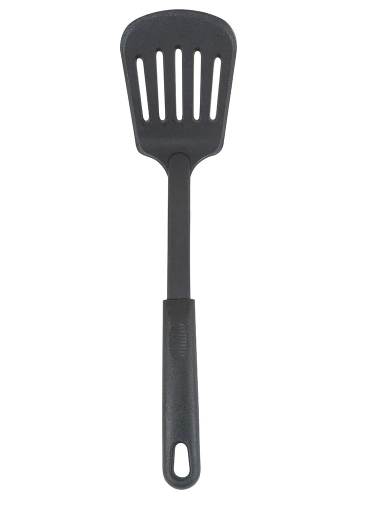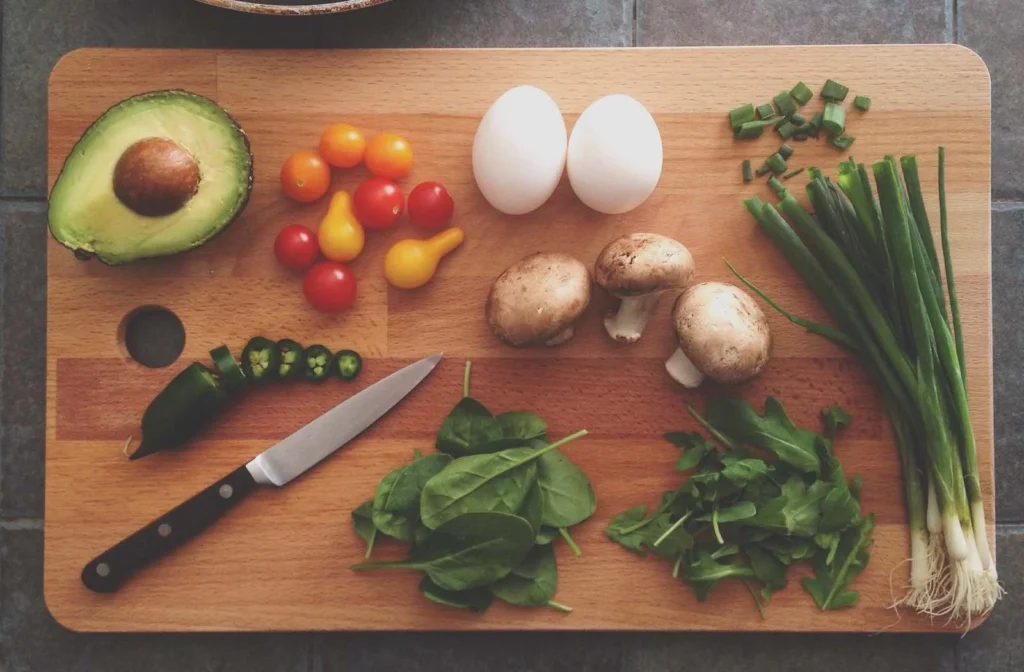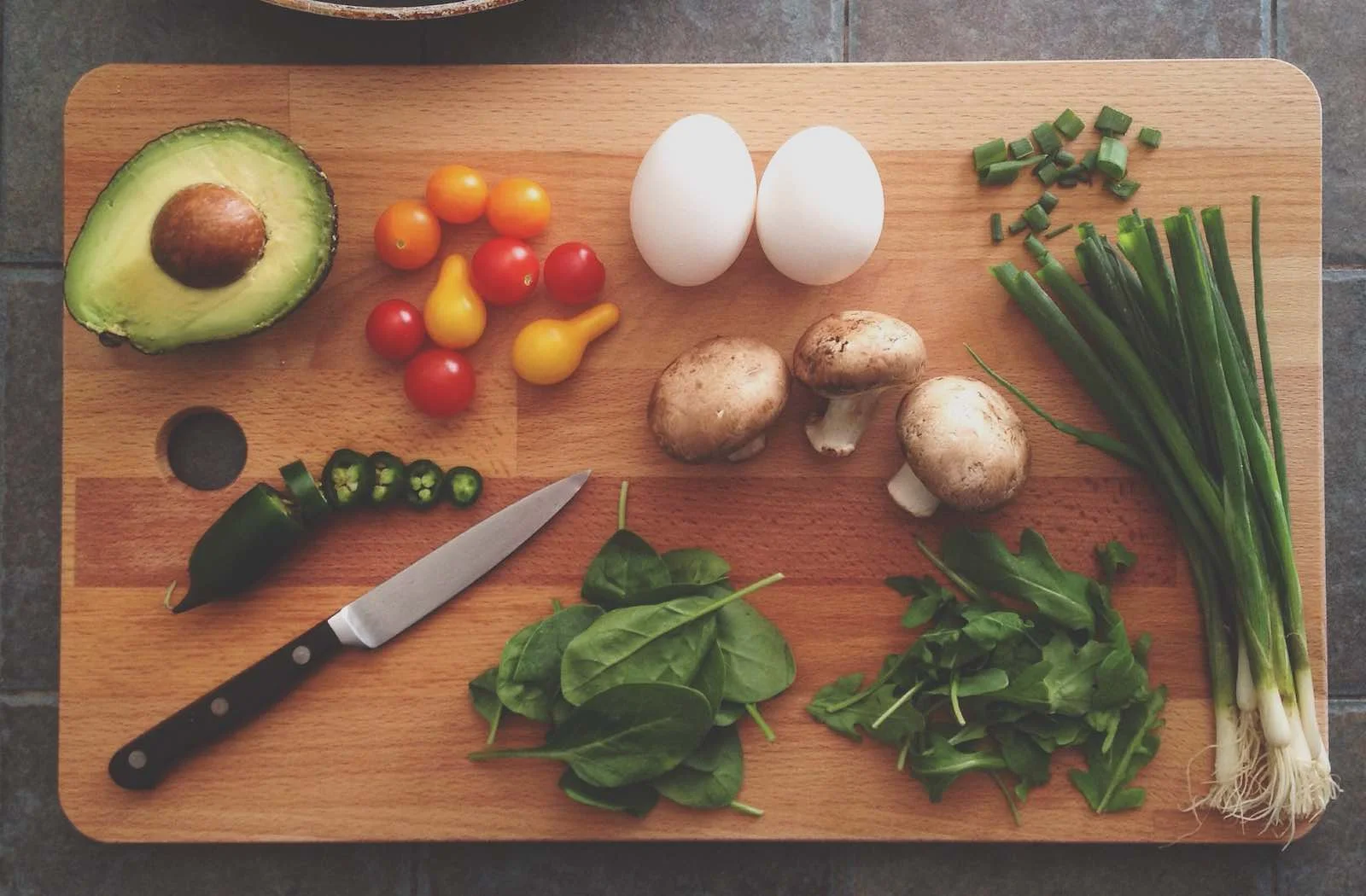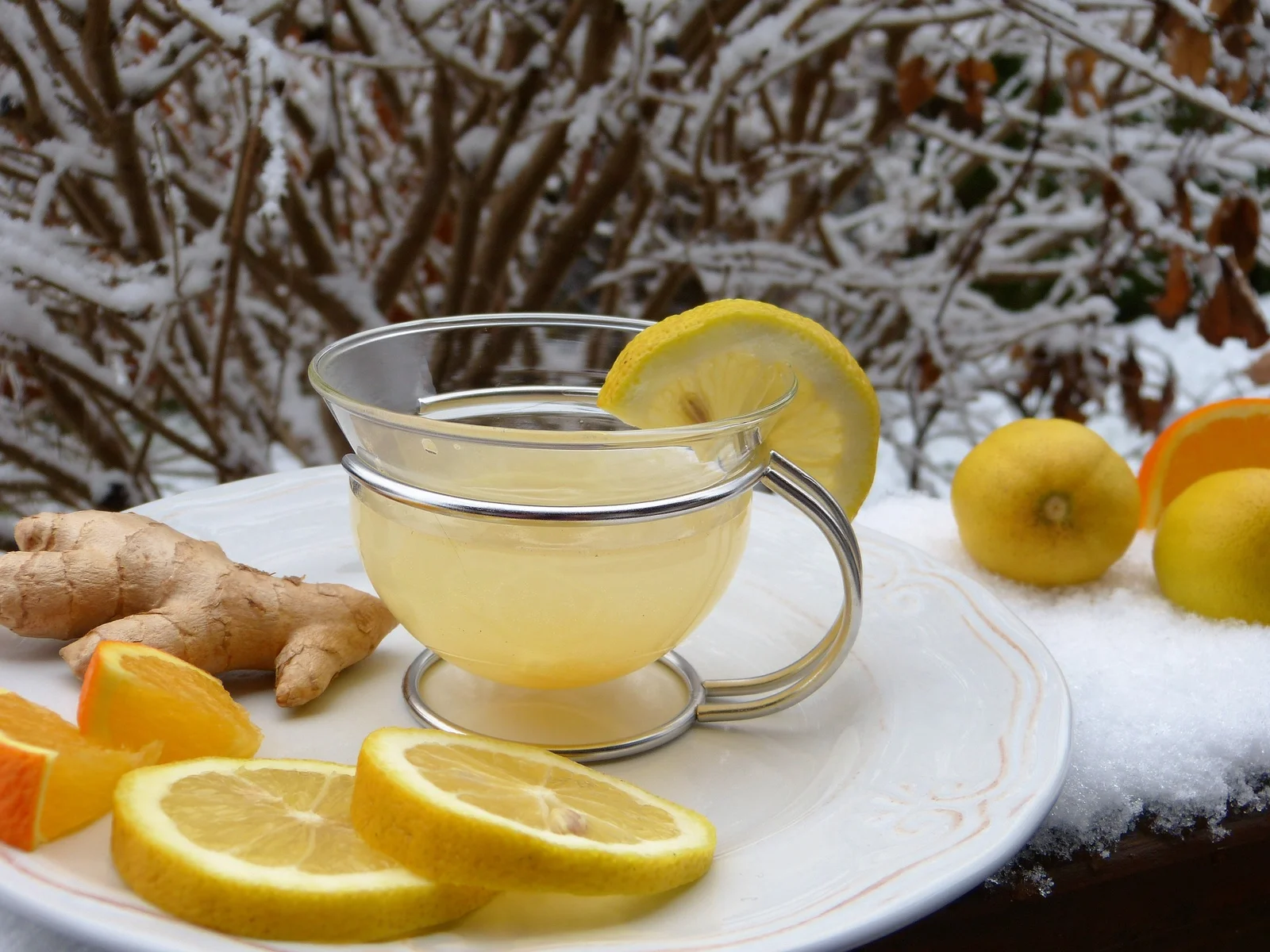Spatula Swap
The problem with black plastic spatulas
- Magi Dawson
- October 3, 2025
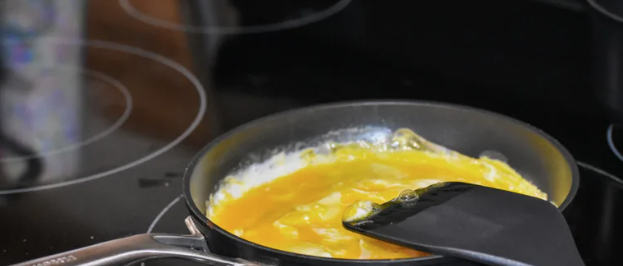
Harmful chemicals can seep from black plastic kitchenware if it’s used regularly, particularly at high heat. These chemicals can get into your food if you use a black plastic utensil to scrape the bottom of a hot pan, for instance, or dip into or stir hot oil or leave it out on or near a hot stove.
The harmful chemicals in these utensils include flame retardants. Exposure to these toxic substances could harm the reproductive, neurological and immune systems, and is associated with health harms such as thyroid disease, diabetes and cancer.

Many black plastic spatulas, especially the cheaper ones, can release harmful chemicals and microplastics when exposed to high heat during cooking. Over time, these utensils may degrade, flaking off tiny plastic particles that can contaminate food. Scientists have raised concerns about the potential health risks of consuming microplastics, which may accumulate in the body and contribute to inflammation or other long-term health issues. In addition, some black plastics are made with recycled materials that could contain toxic dyes or additives, raising further safety concerns when they come into contact with hot foods.
The Plastic-Free Solution
A safer alternative is to use stainless steel spatulas, which are durable, non-toxic, and resistant to high heat. Unlike plastic, stainless steel does not break down into microplastics, ensuring that your meals stay free of hidden contaminants. Stainless steel spatulas also tend to last longer, making them a more sustainable and cost-effective choice in the kitchen. For delicate cookware such as nonstick pans, a stainless steel spatula with a silicone edge or using it only on stainless or cast-iron surfaces can help protect your equipment while still keeping your food safe.
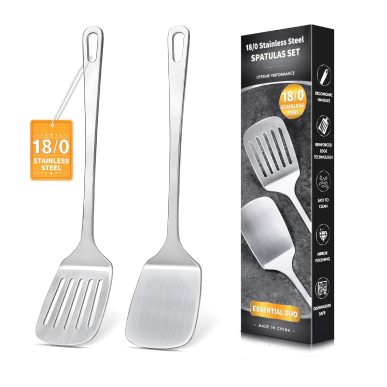
Our Recommended Swap
| Title | Typical Plastic Spatula | Farberware Electric Coffee Percolator with Automatic Keep Warm |
|---|---|---|
| Primary Material | Black Plastic | Stainless Steel |
| Plastic Contact with Food/Beverages | Yes – plastic touches the food at high temperatures | None |
| Size | 13 inches | 13 incles |
| Key Feature | Regular spatula | Regular spatula |
| Pros | Will not scratch pans. | No leaching of plastic. |
| Cons | Significant plastic contact with food | Might scratch non-stick pans |
Recent Blogs
Subscribe to Our Newsletter
The Bottom Line
ChatGPT said:
The bottom line is clear: plastic spatulas, especially black ones, can leach chemicals and shed microplastics into your food every time they’re exposed to heat, putting your health at unnecessary risk. By switching to stainless steel spatulas, you eliminate the danger of hidden contaminants while gaining a tool that is safer, sturdier, and longer-lasting. Making this simple change means protecting yourself and your family from chemical exposure, avoiding microplastics in your meals, and investing in a healthier, more sustainable kitchen.
Magi lives in Boston with her dog Jake and writes freqently about zero waste and zero plastic.
Magi Dawson
30/09/2025 3:00 pm


